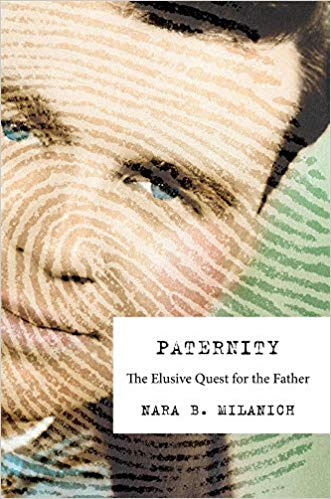Search Results: Returned 6 Results, Displaying Titles 1 - 6
-
-
c 2010., Insomniac Press Call No: BLK 306.874 H636f Availability:1 of 1 At Your Library Summary Note: Some of Canada's most acclaimed multicultural personalities, public figures, intellectuals, entertainers, athletes, and activists share stories, memories, insights, and revelations about fatherhood, from the comic to the tragic. Through critical essays, first-person musings, itnerviews, conversations, spoken word, and dub poetry, this collection examines the place where cross-cultural fatherhood intersects with the worlds of technology, hip hop, and hipster culture - a cool diverse dads movement!.
-
-
2010., General, A.A. Knopf Canada Call No: Bio K69k Edition: 1st ed. Availability:1 of 1 At Your Library
-
-
2018., Hamish Hamilton Canada Call No: Bio G256j Availability:1 of 1 At Your Library Summary Note: "Bill Gaston's relationship with his father was stormy. Sons clash with fathers, particularly with towering, authoritarian figures like Gaston Senior. Fairly or unfairly, sons look for reasons to rebel, particularly against boring suburban fathers who seem to prize conformity above all else. And fairly or unfairly, sons judge their fathers when they can't handle their booze. But even a father and son as doomed to clash as Gaston and his father could fish together. When they were shoulder-to-shoulder, joined in shared anticipation and common purpose, gazing at the waves of the Pacific Ocean, they were no longer betrayed by their differences. When Gaston's father dies, this is the memory of his father that he keeps alive. In the years that follow, however, he learns more about his father's realtionship with his father. It too was marked by heavy drinking, though it took a much darker turn. What Gaston comes to realize is that the man his younger self had been so eager to judge was in fact capable of near-heroic feats of self-mastery. And as a father of grown sons himself, he acutely feels the wounds he must have inflicted years before by withholding so much he now knows that fathers long for. Returning to the past, Gaston goes back to those times in the boat, and comes to understand his own story anew as he sees his father in a new light. Warm, often funny, and alive to all the ways in which the words for love so often come too late, Just Let Me Look at You captures a father's inexpressible tenderness for a child and the longing he feels when that child becomes a man."--
-
-
c2004., Hurtubise HMH Call No: FR 303.482 K19p Availability:1 of 1 At Your Library Series Title: Collection Constantes
-
-
2019., Harvard University Press Call No: 362.82 M637p Availability:1 of 1 At Your Library Summary Note: For most of human history, the notion that paternity was uncertain appeared to be an immutable law of nature. The unknown father provided entertaining plotlines from Shakespeare to the Victorian novelists and lay at the heart of inheritance and child support disputes. But in the 1920s new scientific advances promised to solve the mystery of paternity once and for all. The stakes were high: fatherhood has always been a public relationship as well as a private one. It confers not only patrimony and legitimacy but also a name, nationality, and identity. The new science of paternity, with methods such as blood typing, fingerprinting, and facial analysis, would bring clarity to the conundrum of fatherhood--or so it appeared. Suddenly, it would be possible to establish family relationships, expose adulterous affairs, locate errant fathers, unravel baby mix-ups, and discover one's true race and ethnicity. Tracing the scientific quest for the father up to the present, with the advent of seemingly foolproof DNA analysis, Nara Milanich shows that the effort to establish biological truth has not ended the quest for the father. Rather, scientific certainty has revealed the fundamentally social, cultural, and political nature of paternity. As Paternity shows, in the age of modern genetics the answer to the question "Who's your father?" remains as complicated as ever.--










